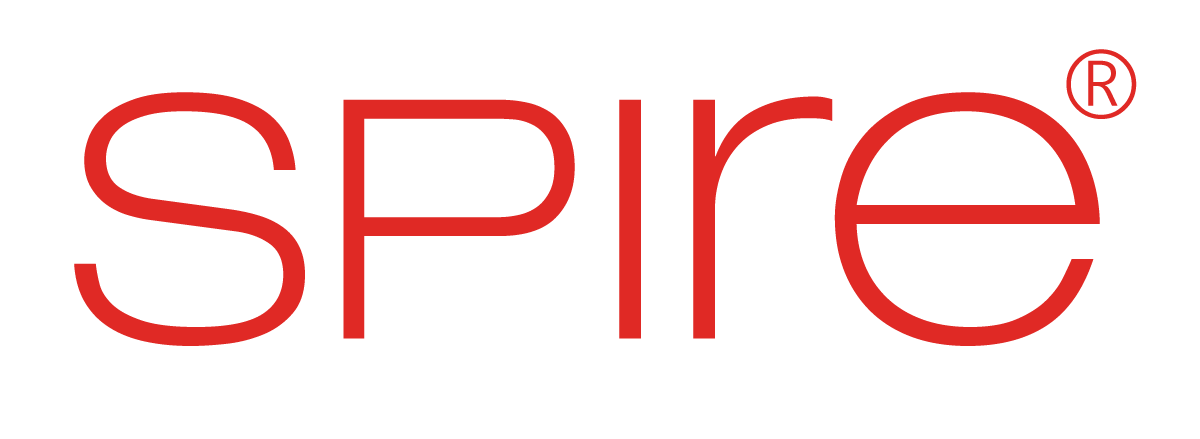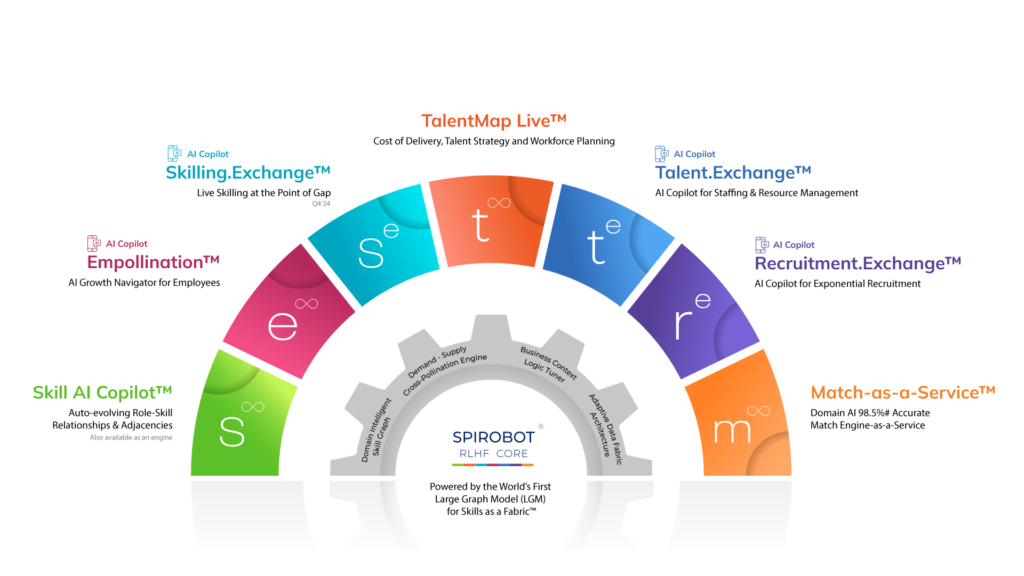In today’s fiercely competitive talent market, securing and retaining top performers is paramount for an organization’s success. Traditional recruiting methods are often time-consuming and inefficient, resulting in a suboptimal candidate experience. This is where Candidate Relationship Management Systems (CRMs) emerge as game-changers.
What are Candidate Relationship Management Systems?
Candidate Relationship Management (CRM) systems are specialized software solutions that streamline and enhance interactions with potential and current employees. Unlike traditional Applicant Tracking Systems (ATS) that primarily focus on resume parsing and filtering, CRMs offer a comprehensive approach to cultivating solid relationships with candidates throughout the recruitment lifecycle and beyond.
CRM Best Practices and Benefits for Hiring
Organizations can significantly elevate their hiring processes by adhering to CRM best practices. Here’s how CRMs can revolutionize your recruitment strategy:
- Enhanced Candidate Engagement: Implementing CRM best practices fosters consistent and personalized communication with candidates. You can keep candidates informed and engaged by automating routine tasks and establishing automated touchpoints at various stages of the application process. This leads to a more positive candidate experience and increases the likelihood of a candidate accepting an offer and becoming a brand advocate. A study by Glassdoor found that 69% of candidates are more likely to apply to a company again if they receive a positive interview experience. Additionally, a study by Talent Rover revealed that 82% of candidates expect consistent communication from employers throughout the hiring process.
- Accelerated Time-to-Hire: CRMs streamline recruitment workflows by automating tasks such as scheduling interviews and sending rejection notifications. This frees up valuable time for recruiters to focus on building relationships with high-potential candidates and advancing them through the hiring pipeline. A reduced time-to-hire translates to faster onboarding and increased productivity for your organization. According to a study by Aberdeen Group, companies that leverage CRM technology to automate workflows experience a 10% reduction in time-to-hire.
- Precision Talent Acquisition: CRM data enables you to segment your talent pool based on skills, experience, and other relevant criteria. This empowers you to target your outreach efforts toward the most qualified and suitable candidates for specific roles, increasing the likelihood of finding the perfect match. The Society for Human Resource Management (SHRM) reports that a wrong hiring decision can cost an organization between 20% and 220% of the employee’s first-year salary. By using CRMs to make data-driven hiring decisions, you can minimize the risk of costly bad hires.
- Strengthened Employer Branding: A positive candidate experience builds a strong employer brand. CRMs enable you to nurture relationships with candidates, even those not selected for a particular role. This fosters goodwill and positions your organization as an employer of choice.
- Data-Driven Recruitment Strategy: CRMs provide valuable insights into your recruitment process. By analyzing data such as candidate sources, application rates, and interview feedback, you can identify areas for improvement and optimize your recruitment strategy for better results. For instance, you can identify which recruitment channels are yielding the highest-quality candidates or pinpoint weaknesses in your interview process. You can continuously refine your recruitment strategy and achieve better hiring outcomes by leveraging these data-driven insights.
Spire.AI’s Business-Rules Based Candidate Connect and CRM: A Game-Changer
Spire.AI offers a cutting-edge and domain-intelligent CRM solution to empower organizations to revolutionize their hiring practices.
Here’s how Spire.AI leverages domain-intelligent AI and business-rules-based candidate connect to create a more efficient and engaging recruitment process:
1. Automated Candidate Engagement
- Configurable Touchpoints: Spire.AI automates communication with candidates based on pre-defined rules. You can configure personalized messages and emails to be sent at different stages of the application process, ensuring timely and relevant communication with each candidate.
- Consistent Communication: This feature ensures that all candidates receive consistent information about their application status and the overall hiring process, fostering a sense of transparency and respect.
2. Ongoing Candidate Nurturing
- Profile Updates and Communication: Spire.AI facilitates active communication with candidates through a personalized candidate hiring portal. The system allows you to request and receive updated profiles, keeping candidate information current and relevant.
- Warm and Interested Candidates: By maintaining regular communication with qualified candidates, even those not chosen for a specific position, Spire.AI helps nurture their interest in your company. This creates a valuable pool of potential hires you can tap into for future needs.
3. Active Talent Pool Management
- Qualified Talent Bank: Spire.AI helps you build and maintain a rich database of qualified candidates. You can create a robust talent pool for future open positions by nurturing relationships with those not immediately hired.
- Candidate Conversion: Spire.AI facilitates the strategic conversion of interested candidates into hires. By keeping them informed and engaged, you can capitalize on your talent pool and maximize hiring success.
4. Configurable Communication and Forms
- Template Customization: Spire.AI allows you to configure multiple communication templates for various stages and scenarios in the hiring process. This lets you personalize messages and emails, ensuring they resonate with each candidate.
- Customizable Forms: Capture the information you need efficiently by creating configurable forms for candidates to complete. Spire.AI helps streamline data collection and improves the overall hiring experience.
Additional Benefits of Spire.AI’s CRM:
- Improved Candidate Experience: By providing a seamless and personalized candidate experience, Spire.AI helps enhance your employer brand and attract top talent.
- Increased Hiring Efficiency: With automated workflows and streamlined processes, Spire.AI helps recruiters focus on higher-value tasks and reduce time-to-hire.
- Data-Driven Insights: Spire.AI provides actionable insights into your recruitment performance, enabling you to make data-driven decisions to optimize your hiring strategy.
Conclusion
Candidate Relationship Management Systems offer a powerful tool to transform your hiring process. By implementing CRM best practices and leveraging a solution like Spire.AI’s Business-Rules Based Candidate Connect and CRM, you can automate tasks, nurture relationships, and build a talent pool that fuels your organization’s success.
In today’s competitive talent landscape, adopting a CRM system is essential for attracting and retaining top talent. Spire.AI’s innovative & domain-intelligent solution empowers you to revolutionize your recruitment strategy and build a strong pipeline of qualified candidates ready to contribute to your organization’s future.
Ready to experience the power of Spire.AI? Contact us today and discover how our CRM solution can transform your hiring process.
Frequently Asked Questions
What does a candidate relationship management system do?
A Candidate Relationship Management (CRM) system helps you manage interactions with potential and current employees throughout the recruitment process.
What is ATS and CRM in recruitment?
ATS (Applicant Tracking System): Focuses on resume parsing, filtering, and managing applications. CRM (Candidate Relationship Management System): Focuses on building relationships with candidates throughout the recruitment lifecycle.
What is relationship management in the recruitment process?
Relationship management in recruitment involves building and maintaining positive relationships with candidates throughout the hiring process and beyond. It includes providing timely feedback, consistent, personalized communication, and a positive candidate experience.






